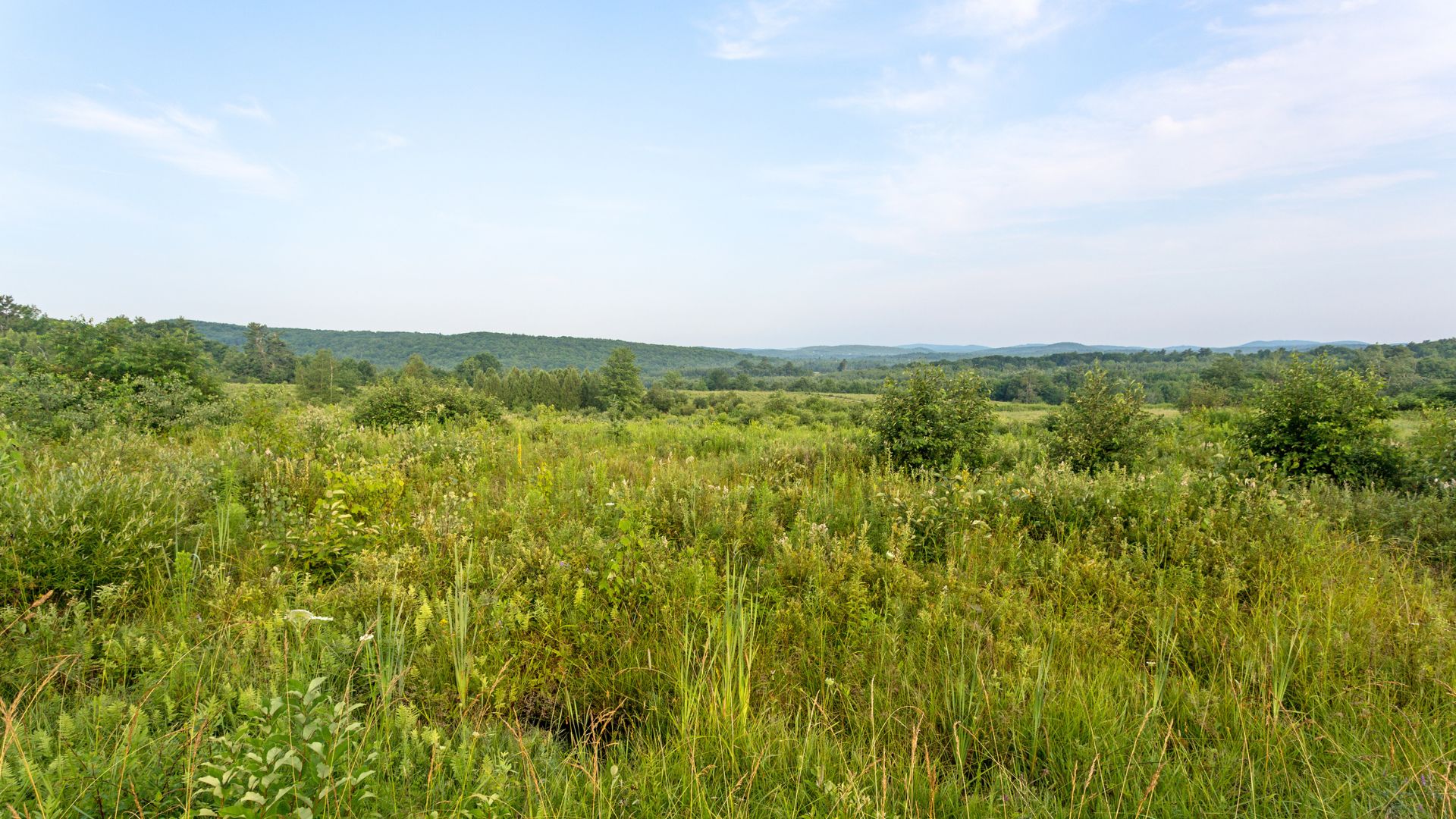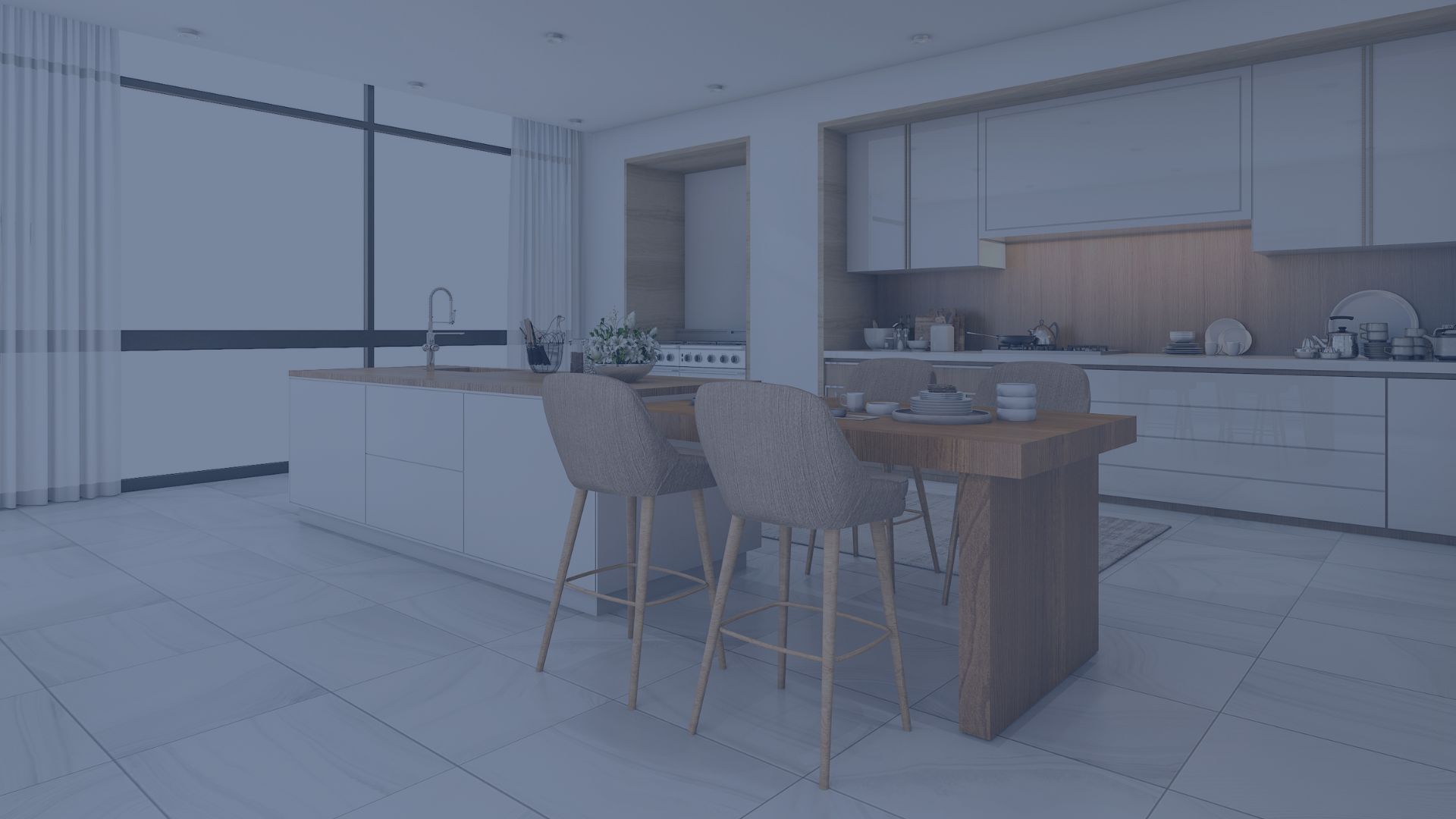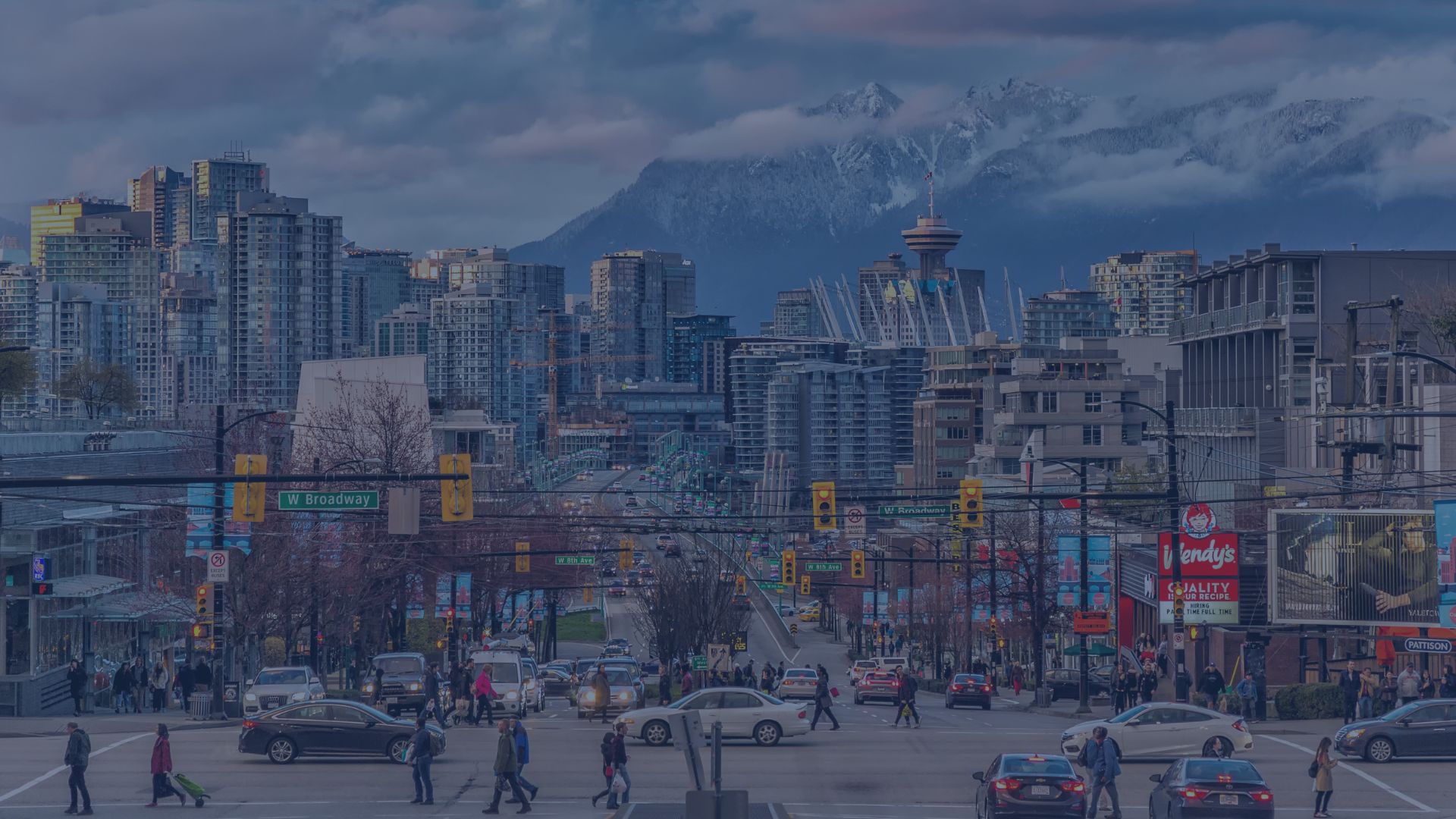Housing affordability may be the hot-button issue across Canada. British Columbia is not immune to the same pricing issues, especially as interest rates hover around their highest levels since before the Global Financial Crisis, making housing more out of reach for many buyers. This is particularly the case with Vancouver real estate, where prices are about 40 per cent higher than the provincial average.
In 2022, the British Columbia Real Estate Association (BCREA) published a pathway to greater affordability in the BC real estate market. A collaboration between real estate boards from across the province, the article outlines how housing supply and affordability have impacted the whole province. In response, the BCREA outlined several ways to improve the current situation, including a more diverse housing supply that includes multi-family dwellings and greater collaboration between government and stakeholders.
Nearly two years later, housing market conditions continue to be firmly above their pre-pandemic levels. The financial pinch is found across Vancouver real estate as well. Home prices have soared throughout the post-pandemic economy, with the average home in the Greater Vancouver Area selling for approximately $1.2 million. Compare this to the provincial average of $866,000. Affordability is top of mind for many in the Vancouver area, forcing some residents to examine other nearby cities or potentially other provinces.
While remote work is still prevalent across the Canadian labour market, meaning people are no longer bound to the office and can seek out a more affordable option for their families, it is not as widespread as it was throughout the COVID-19 public health crisis. As a result, home buying choices have been limited, with households needing to consider their career again. Therefore, here are some options outside the Greater Vancouver area but still close enough that you can visit and take in everything that makes Vancouver great.
5 Affordable Areas Outside of the Vancouver Real Estate Market
Kelowna
One of the fastest growing cities in Canada, Kelowna feels like you’re living an extended vacation. Live on the water in summer and on the ski hills in winter. Boating, hiking, biking, golfing and skiing are popular activities that keep you busy year-round. On top of the lifestyle, affordability is another critical reason to choose Kelowna.
According to fresh data from the provincial real estate association, the average price for a residential property in the Okanagan area was a little more than $726,000 in January. This was up eight per cent from the same time in the previous year. Demand was solid, too, with home sales rising 8.5 per cent and totalling 345 units.
Unfortunately, interest rates and what homebuyers can afford can make it a challenging market to navigate, so households will need to work with their real estate agents and mortgage lenders.
The cost of borrowing is creating a disconnect between what is currently achievable for buyers in terms of what they can afford given the interest rate pinch versus what may be their desired expectations.
“Buyers and sellers are still feeling frustrated and constrained by high mortgage rates,” said Association of Interior REALTORS® President Chelsea Mann in a statement. “The cost of borrowing is creating a disconnect between what is currently achievable for buyers in terms of what they can afford given the interest rate pinch versus what may be their desired expectations, which makes it challenging for some given the lack of affordable supply in many regions.”
Victoria
The Victoria real estate market has become a more balanced feature of the broader British Columbia housing sector. The average sales price rose at a tepid 2.8 per cent in January, hitting close to $920,000, according to the Victoria Real Estate Board (VREB). However, hefty demand resulted in greater competition for limited inventories as unit sales rocketed more than 22 per cent.
This shift is welcome news for homebuyers in Victoria. As Victoria moves toward more balance between buyers and sellers, it will continue to make it a more affordable option than Vancouver.
Victoria is regularly featured among the best cities to live in in Canada. Its unique geography and natural charms make it a popular place for those wanting to flee snowy winters and, just a ferry ride away from Vancouver, for those wishing to live close to BC’s largest city.
The best way to describe the Victoria housing market is with one word: Optimism.
“Our housing market eased into the new year with a renewed sense of balance,” said 2024 Victoria Real Estate Board Chair Laurie Lidstone. “Sales were up slightly based off last year’s very low numbers, and overall, we saw the stabilization that we observed in late 2023 continue into 2024. Mortgage rates have levelled out, inventory is slowly creeping back up, and we are no longer in that highly pressurized market of recent years, which created complicated and sometimes stressful conditions for buyers and sellers.”
Kamloops
Kamloops is one of the most beautiful cities in Canada, so it’s not surprising that this riverside city is drawing homebuyers from the Vancouver Core and from across the country. Although the demand is strengthening, the average residential price remains reasonable for new market entrants.
Kamloops home prices have barely moved over the last few years, making it a more stable facet of the BC real estate market. This is terrific news for families that either want to stay in the province or relocate to the West Coast. Indeed, Kamloops can undoubtedly be identified as one of the most affordable cities in both the province and the rest of the country. Experts will contend that this was achieved by higher interest rates that pushed the Kamloops market closer to equilibrium between buyers and sellers.
Looking ahead, Mann believes that the Kamloops housing market will likely return to average activity.
“As with previous months, sales activity in the Kamloops and District region has persistently trended slightly below the average while active listings have been lagging since around the start of last year. However, the increase in sales compared to last November is encouraging to see and may indicate that a return to average activity may be on the horizon,” she added.
Surrey
Named the City of Parks, Surrey is considered part of Vancouver but has its own identity and, thankfully for homebuyers, lower housing prices. Residents find the cost of living far lower in Surrey than in downtown Vancouver, which is only 29 km away.
The city boasts restaurants, breweries, bars, numerous parks, and a diverse population. Surrey is an ideal place to get a full complement of urban living options without Vancouver real estate prices.
Like the other markets on this list, Surrey has stabilized from the pandemic-era volatility. Though the average detached home will cost roughly $1.5 million, townhomes and apartments are much more reasonable, at $825,600 and $539,400, respectively. Many are hoping that these prices are going to come down and will either slide or remain around these levels.
According to the Fraser Valley Real Estate Board, overall benchmark prices have tumbled for six consecutive months (as of February), down six per cent from their 12-month peak in July. This trend has been fueled by a slowdown in sales activity and an increase in new listings. Additionally, the number of days homes are staying on the market has been steadily rising since October. For example, single-family detached homes are spending 44 days on the open market.
Still, this is a balanced market, and the present environment presents opportunities for both buyers and sellers, says FVREB Chair Narinder Bains.
“Anticipating that we may be at the end of the Bank of Canada rate hike cycle, it appears that more buyers are considering re-entering the market as we are starting to see more traffic at open houses,” Bains said in a statement.
Powell River
Do you want to be a ferry ride away from Vancouver but feel like you are in a new world? Well, the Sunshine Coast may be for you. The price may be right, too, with an average sales price of around $633,000.
The Sunshine Coast is rich in natural beauty, with coastal mountains in your backyard and the ocean just steps away. Powell River is the residential centre of the Sunshine Coast and features a vibrant arts and culture scene.
Though prices are still climbing in the region, they are substantially lower than you will find in Vancouver. Experts do note, however, that the Powell River real estate market is witnessing a blend of higher volumes and values.
“There was an increase in both value and volume, with single-family homes leading the market,” said Powell River Sunshine Coast Real Estate Board president Neil Frost in a statement. “The average monthly selling price for single-family homes rose by 3.3 per cent compared to 2023, with the median price increasing by 16 per cent. Non-residential properties also saw growth, particularly in vacant land sales.”
Is Affordability Gone from British Columbia Real Estate?
If you do not have the option of sitting on the sidelines and waiting until prices fall to submit an offer on a property, there is plenty of value outside Vancouver if you know where to look. Many BC cities are beginning to witness new inventory coming to market, which could relieve some of the higher prices this year. While average prices in British Columbia are higher than the national numbers, there are plenty of opportunities throughout the province that can help you achieve your home-buying goals, be they price or community





